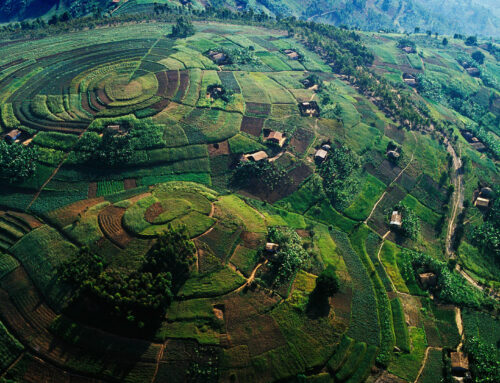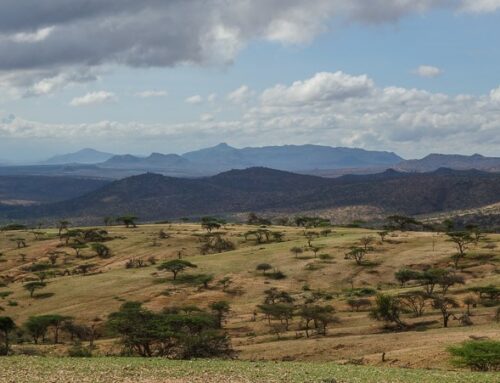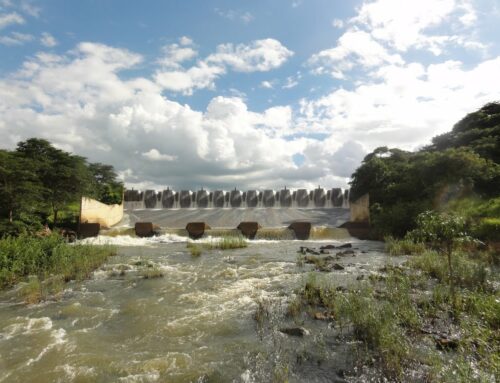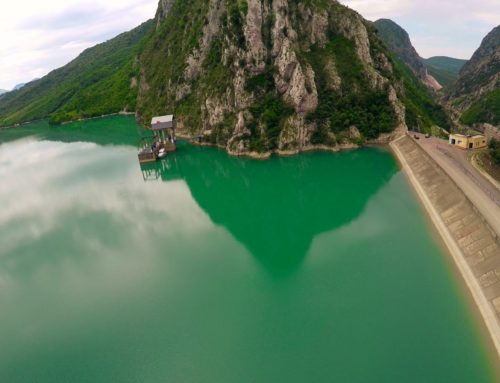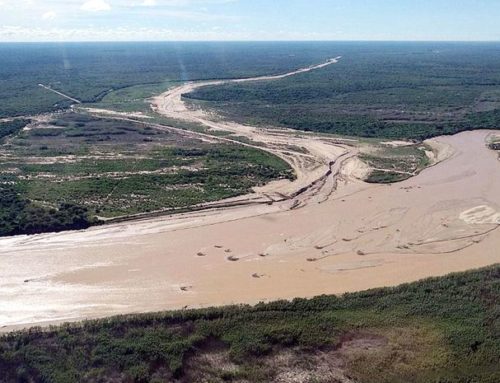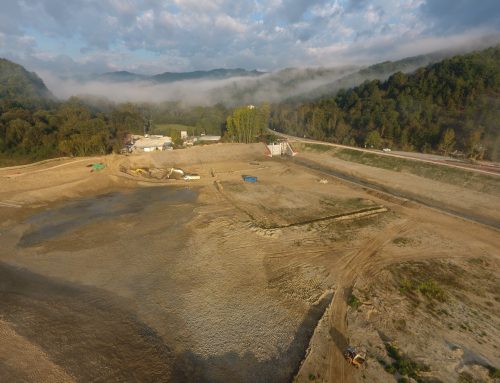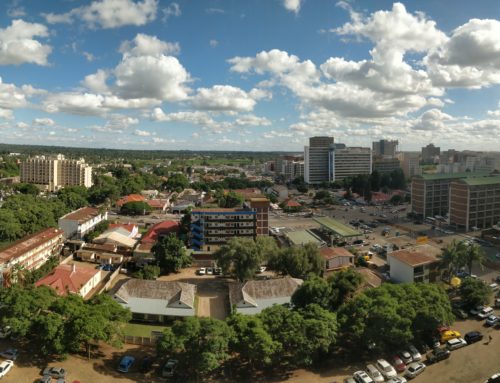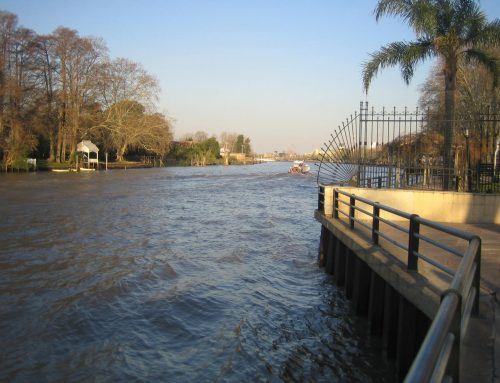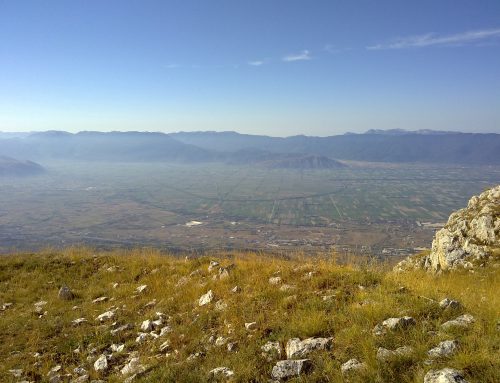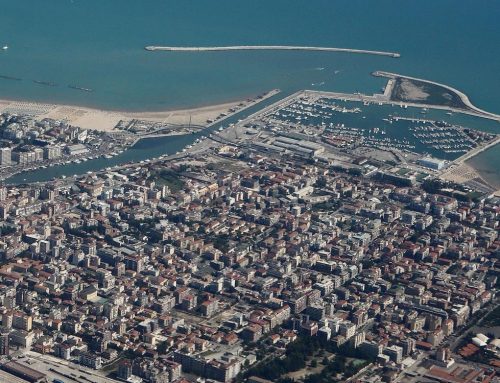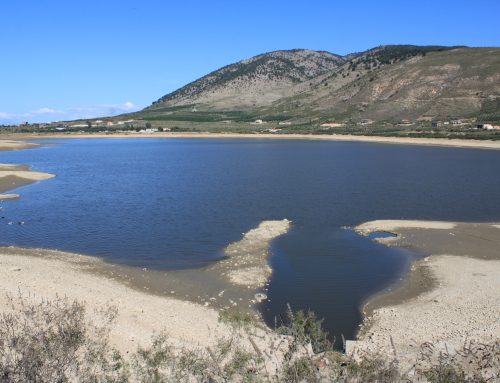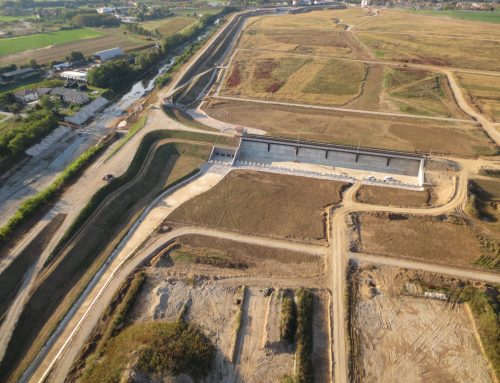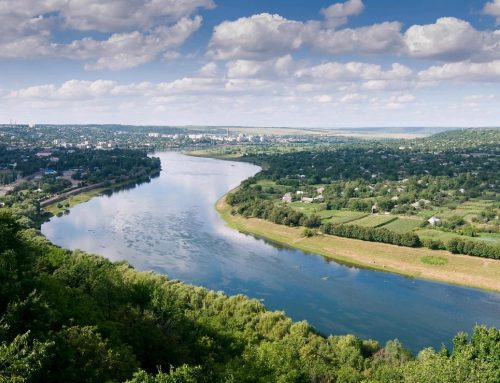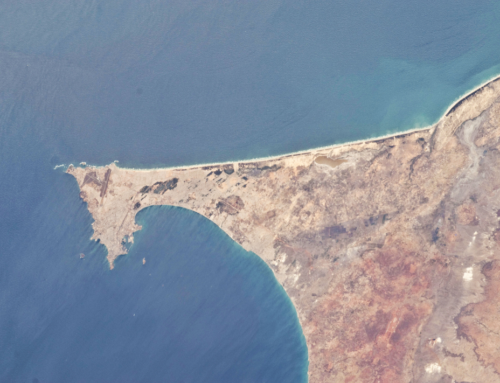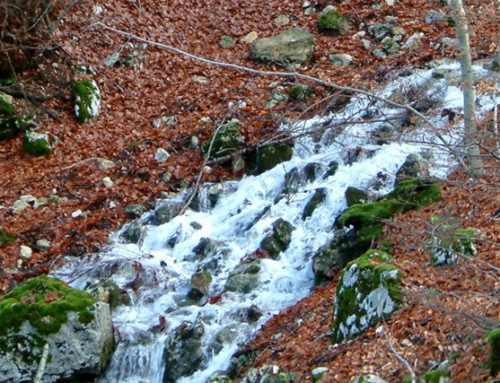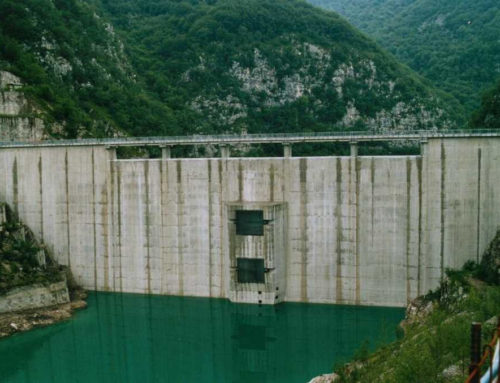The project area is 300 hectares, 95% for vineyards and the remaining for olive trees and vegetable gardens. All vineyards of this area belong to DCO (Denomination of Controlled Origin). The area is particularly favorable for vine growing that can be considered the typical traditional culture. However, water resources in the area are not sufficient to meet water demand for cultivation, and this limit in effect holds up the development of the agricultural sector. The project main objective is to compensate the insufficiency of water resources through the realization of an irrigation system for cultivations located to the south-west of the area called “Colli Berici”, a very famous zone of Veneto Region for the production of high quality and great character. The realization of the irrigation system brings many secondary benefits, such as:
- Regularization of agricultural yields and impulse to the economic development of rural communities;
- Gaining of high-quality standards in accordance with Italian and European regulations;
- Preservation of groundwater resources because of the reduction of exploitation of deep wells;
- Decrease of rural communities that leave the territory due to income increase, which has positive consequences on soil conservation and form the basis for a sustainable development of the region;
Management and rational use of water resources with a decrease of water losses, as a real benefit from the realization of efficient and modern irrigation systems.



